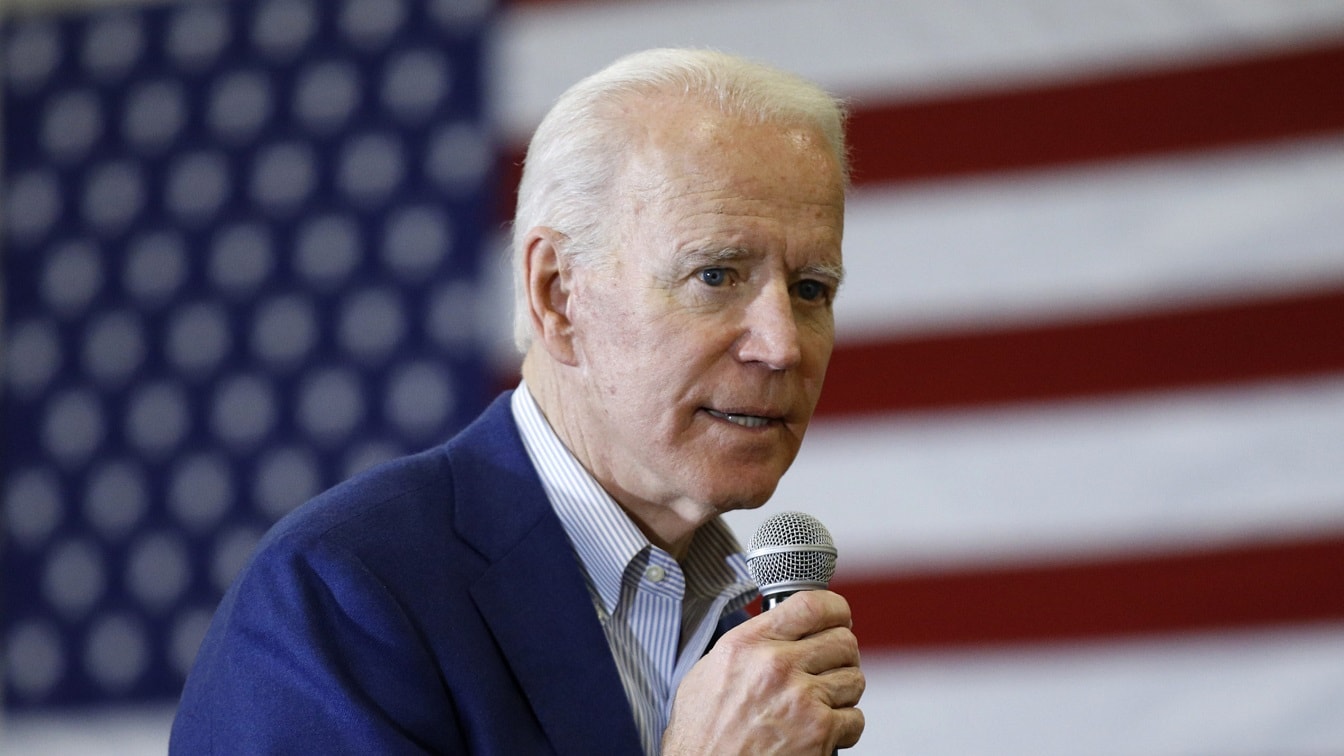Between out-of-control inflation, ongoing supply chain struggles, the crisis at the southern border, foreign policy concerns, exploding energy prices, rising crime, and a high likelihood that the country is either already or soon will be experiencing stagflation (an inflationary recession), it’s no wonder that Democrats and the Biden administration are talking up the strong labor market.
Recommended: Why Hillary Clinton Could Run Again in 2024
A recent tweet on the Democrats’ official Twitter page stated, “Under Joe Biden, the private sector has recovered all of the jobs lost during the pandemic—and added jobs on top of that.”
Recommended: How Donald Trump Could Go to Jail
That statement is only half true, at best.
According to the official jobs numbers from the Bureau of Labor Statistics, private-sector jobs are up by about 140,000 since the low in April 2020, but only 4 in 10 of those job gains occurred on the Biden administration’s watch, while 6 in 10 were recovered during the Trump administration.
While the labor market appears to be going well by some metrics, that’s not the whole story.
Metrics like a nearly half-century-low unemployment rate, high nominal wage gains, and 11.3 million job openings that equal two jobs available for every unemployed person didn’t arise naturally. They were artificially induced through bad government policies that have included a lot of unintended consequences.
Most significantly, 18 months’ worth of bonus unemployment benefits that paid most people more to stay on the sidelines than to work caused millions of people to leave the labor market. Meanwhile, Washington stimulated consumer and business demand for goods and services by flooding the economy with trillions of dollars in so-called COVID-19 relief, about half of which was money printed by the Federal Reserve.
Too few workers is also adding to the inflationary cycle.
When employers have to compete for workers, they have to increase their compensation. According to the National Federation of Independent Business survey, 48% of owners reported increasing compensation in June and 28% said they plan to increase compensation over the next three months.
But paying workers more to do the exact same thing requires hiking prices.
The future isn’t looking good. Small business owners’ expectations for better business conditions reached an all-time low in June, owing to “inflation and worker shortages,” along with “policy talks that [have] shifted to tax increases and more regulations.”
Government policies to spend more, tax more, regulate more, and produce less will only make labor shortages and inflation worse.
If lawmakers want to be able to tout metrics like increased labor force participation and real rising wages, they should start by removing the government-imposed barriers they’ve created for work and productivity.
Rachel Greszler is research fellow in economics, budget, and entitlements in the Grover M. Hermann Center for the Federal Budget, of the Institute for Economic Freedom, at The Heritage Foundation. This first appeared in Daily Signal.

